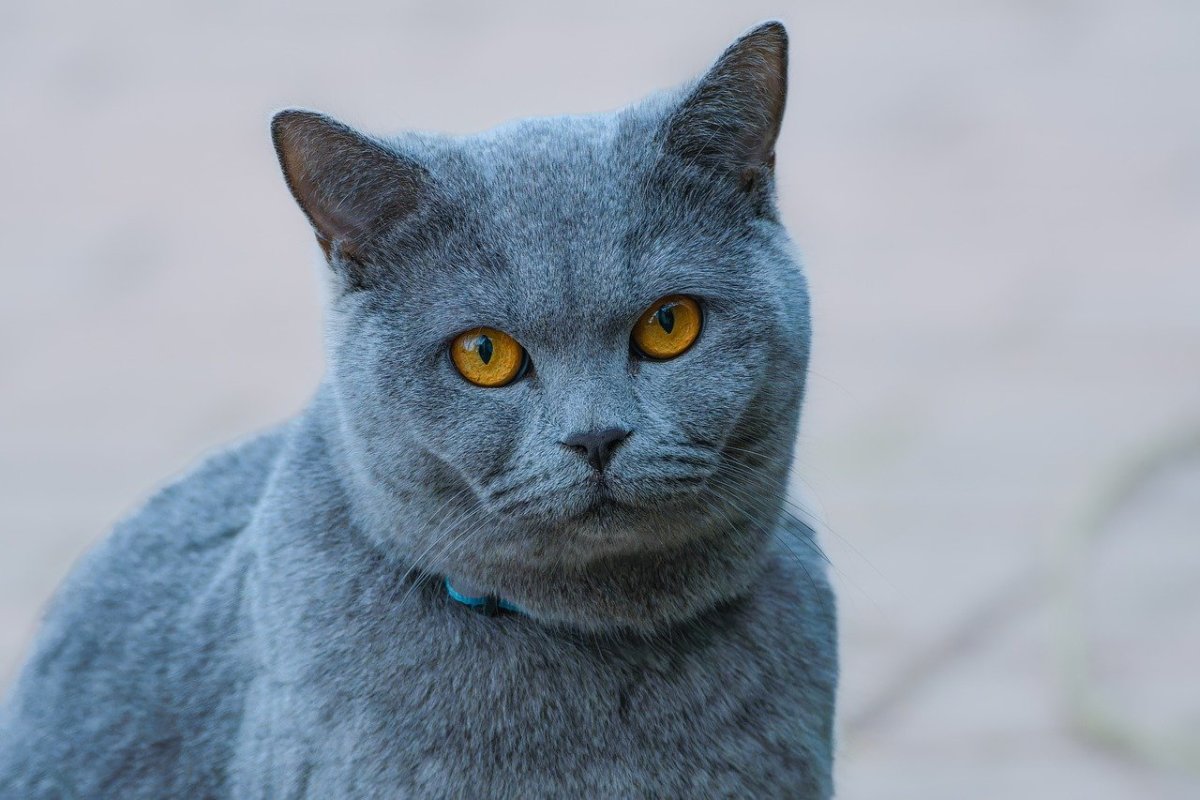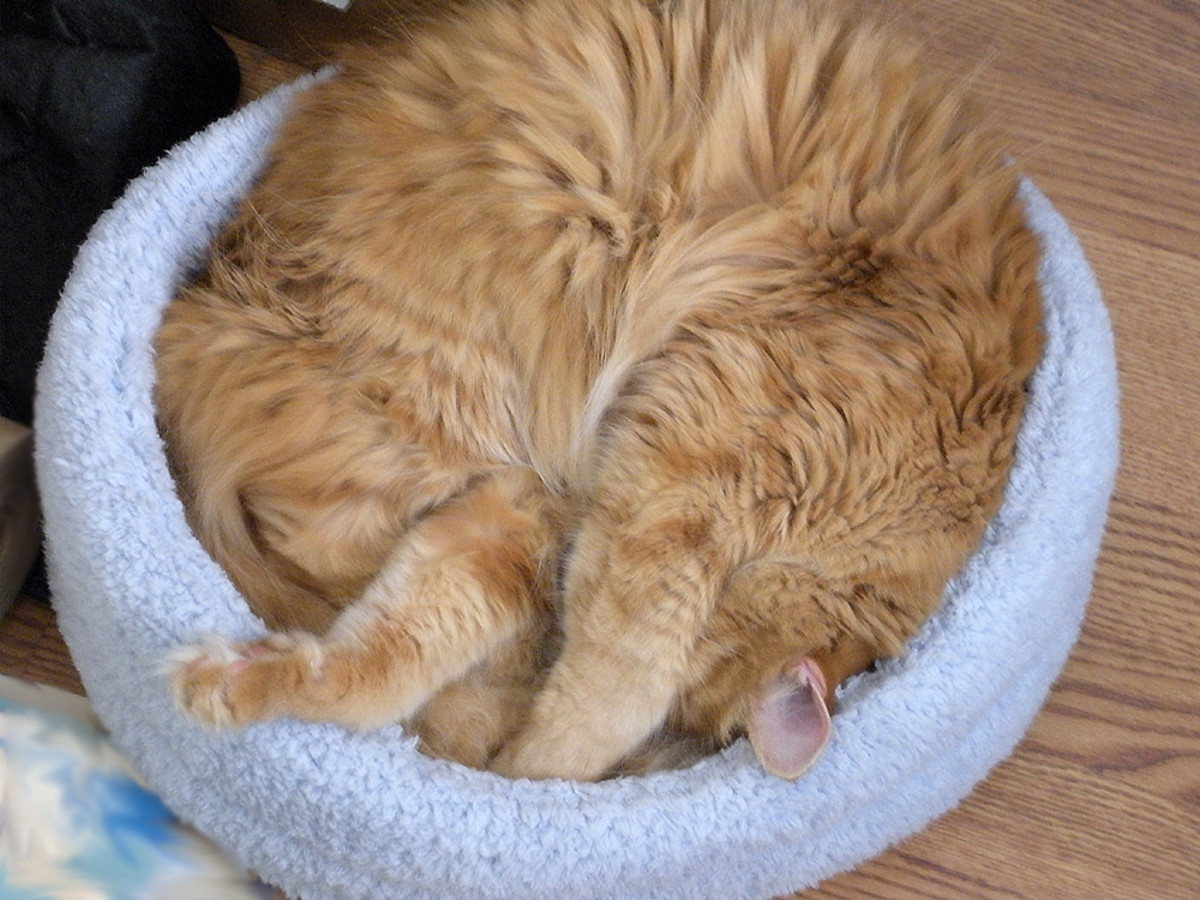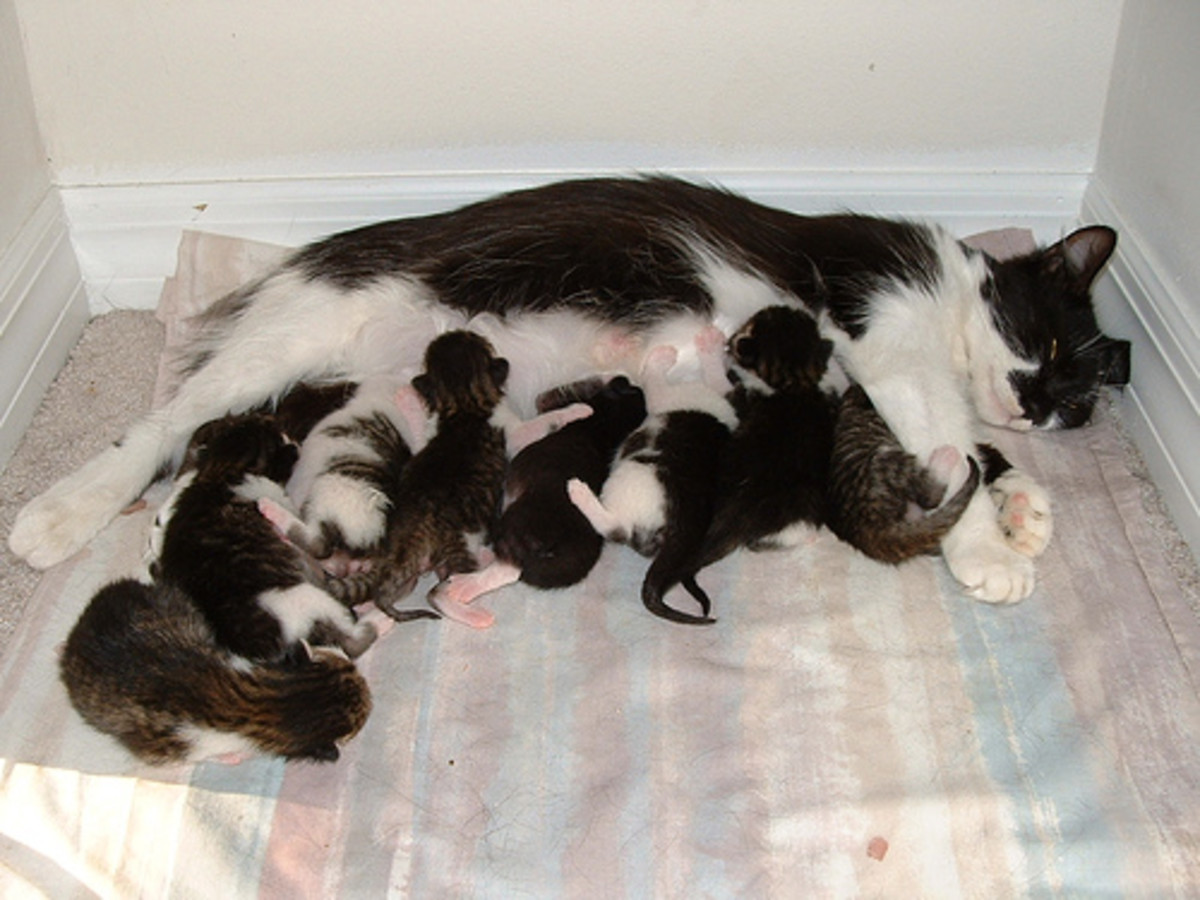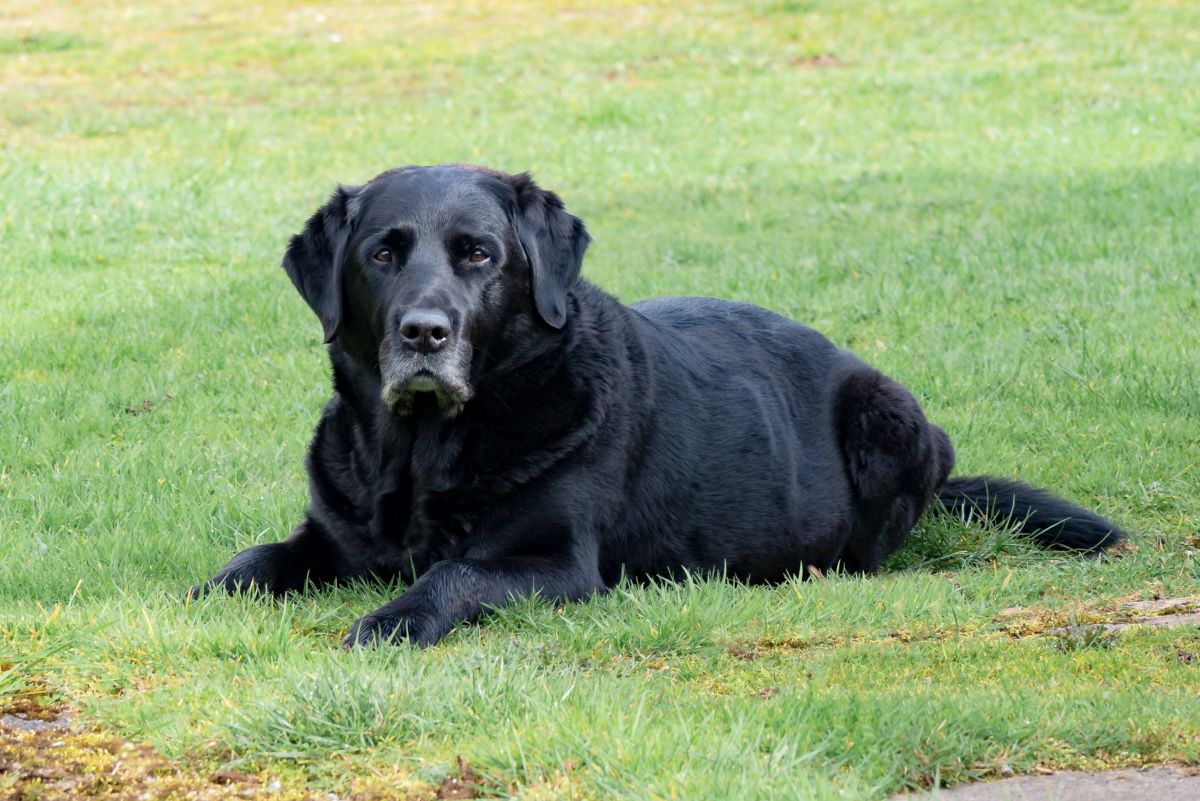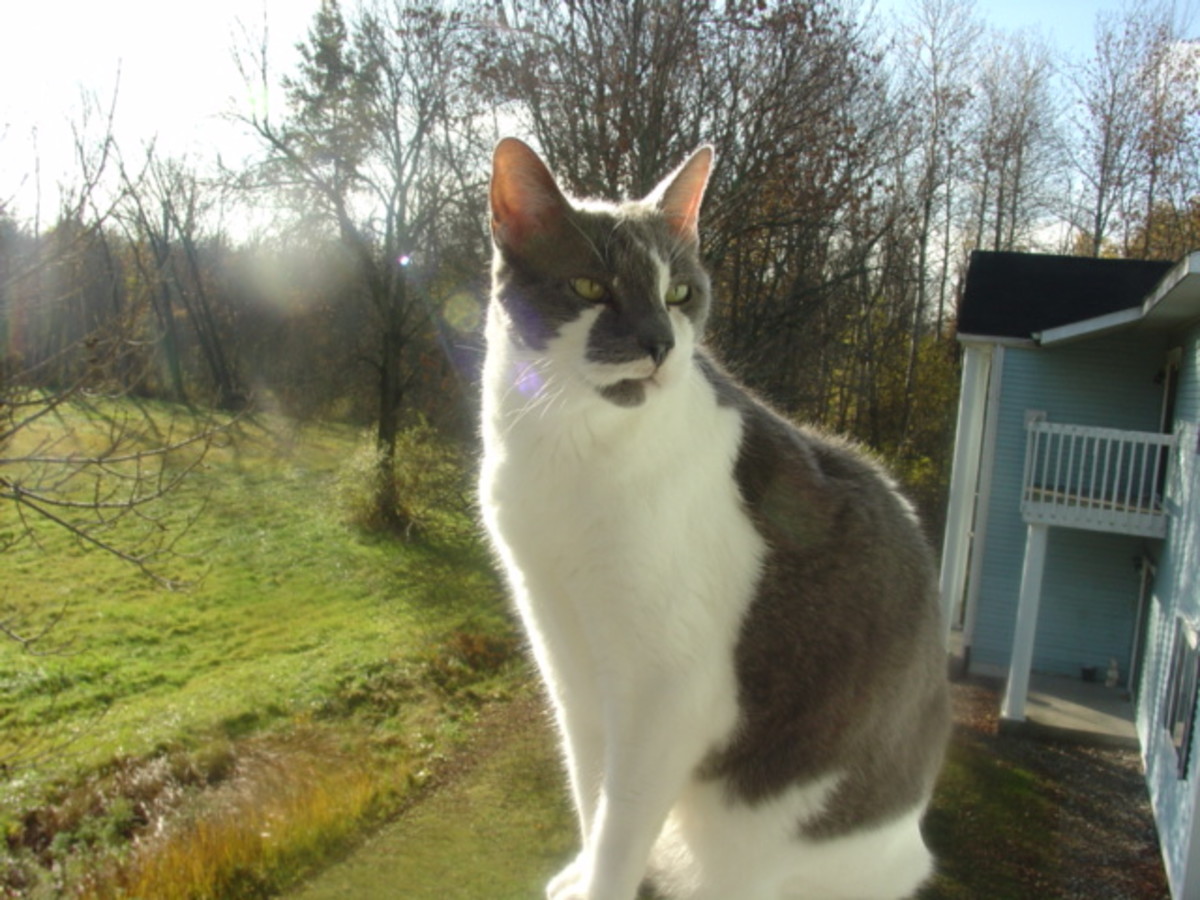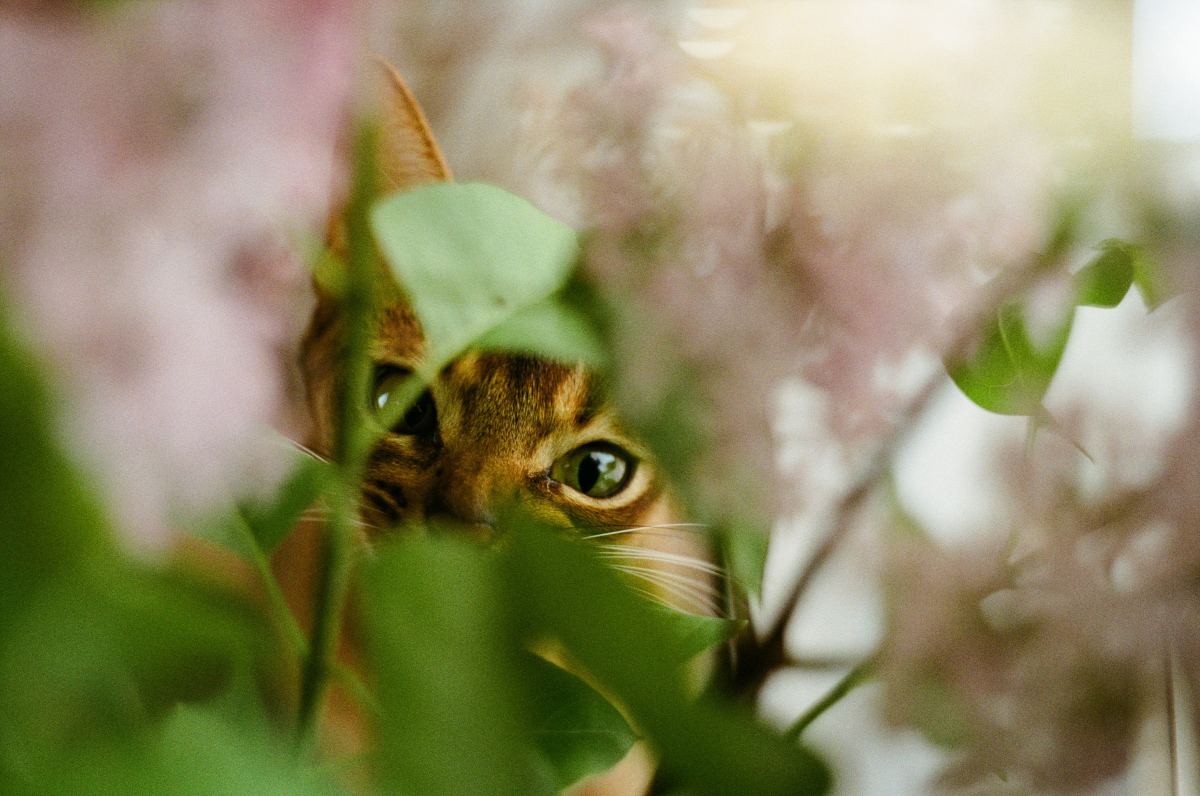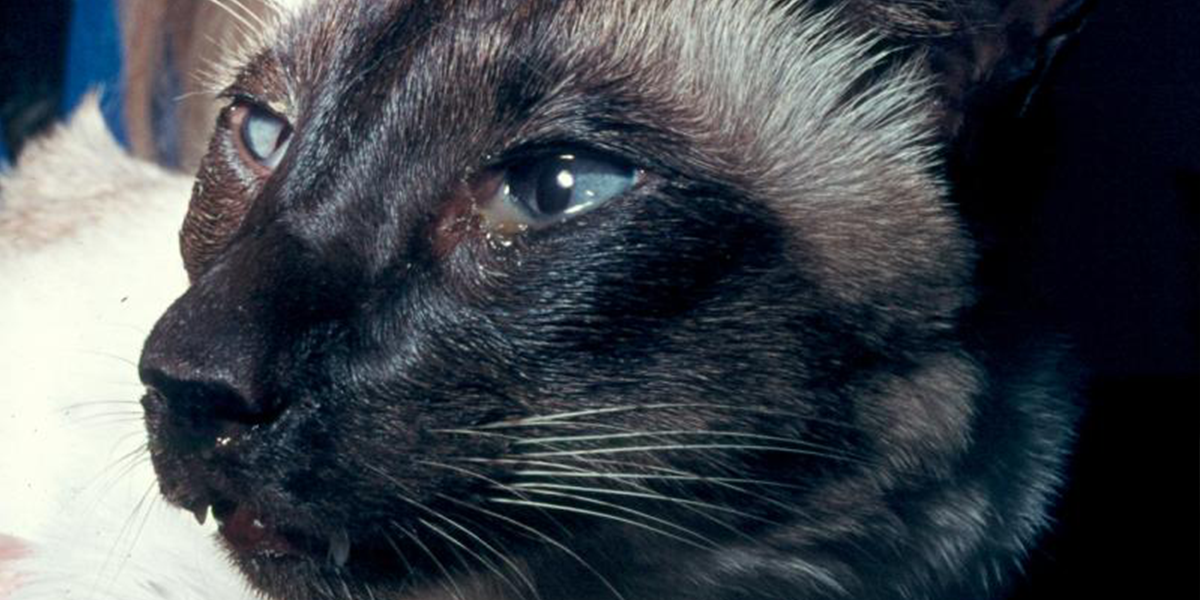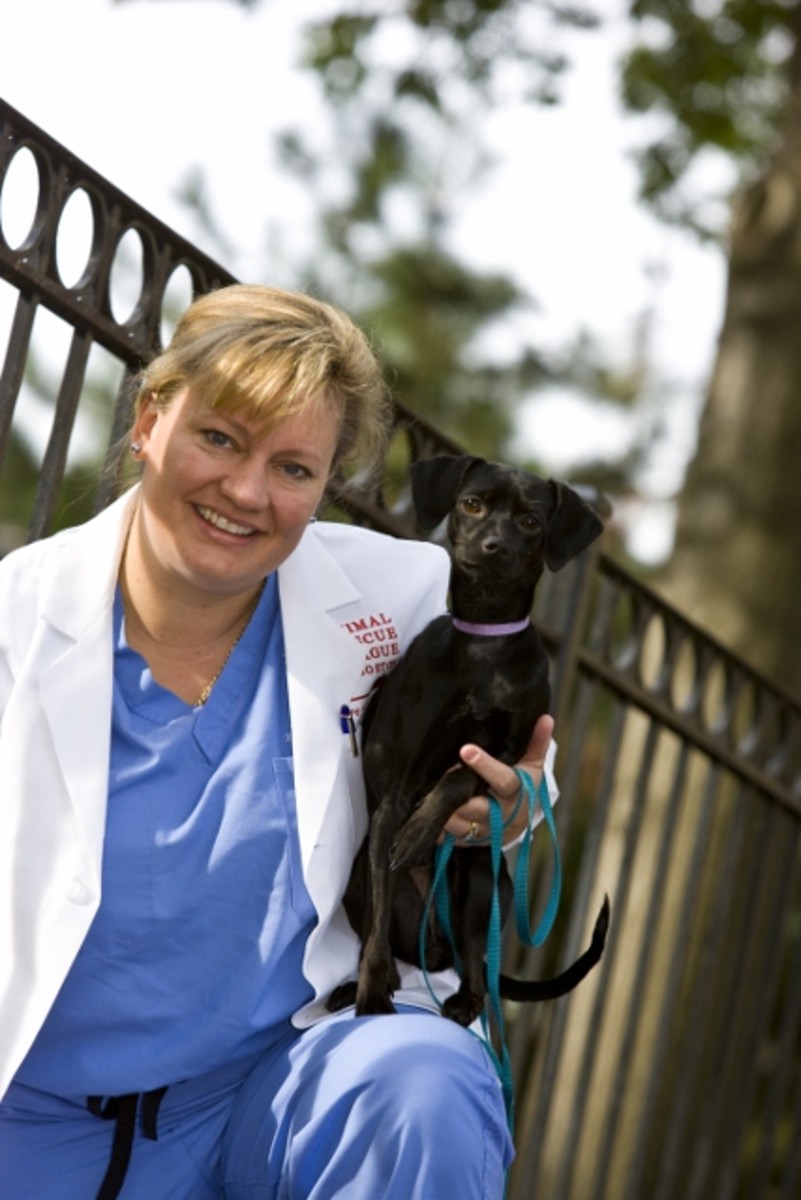Caring for Your Senior Cat
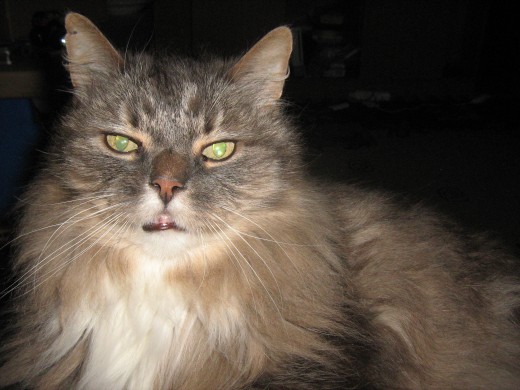
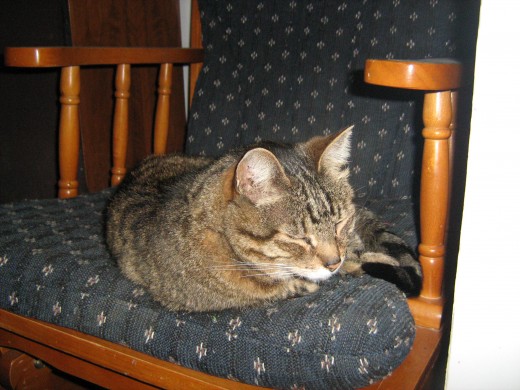

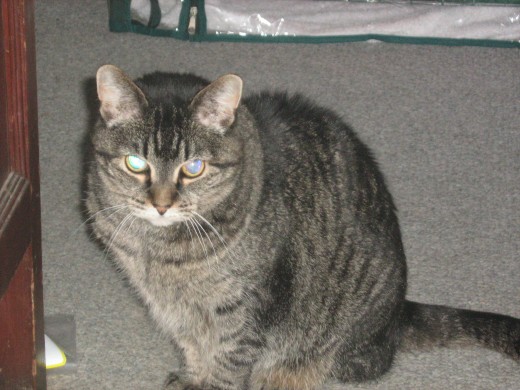
Cats are considered senior at around age seven.
This is around the age where you may notice your cat is starting to slow down a little. He may sleep more. He gets sick or hurt more easily and will take longer to recover.
There are ways that you can keep him safe, healthy and happy as he approaches his golden years.
Here are some tips:
Visit the vet at least once a year for checkups. A vet visit should include blood work and urinalysis so that his internal organs can be monitored. You want to catch health issues early in cats. Diseases creep up gradually. And cats are stoic creatures who hide their pain. Before you realize something is wrong, it can be too late to do anything about it.
As a cat owner, you should be keeping an eye on your little fur ball and noting any changes. It is a good idea to keep journal of his regular routine and behavior.
Keep an eye on things like:
- how much he eats.
- favorite activities
- words or sounds he reacts too, the sound of a can opener for example
- sleep pattern
- what he usually meows at
- the condition of his fur and claws
- look inside his ears and eyes
- his weight
Any changes should be mentioned at your next vet visit.
During your cat's senior years, there will be a gradual loss of muscle mass and bone density. As her bones weaken, she will be more prone to fractures. If she is older than 13, she is considered geriatric and she will recover more slowly from any fractures.
Sometimes it can be tough to tell if your cat is hurt. They tend to hide their pain. Perhaps they think it is a sign of weakness. Here are some signs to look for:
- she refuses to move
- she becomes irritable, especially if you touch her
- she stops jumping up on things or climbing stairs
- she quits grooming herself
- she hides from you
If your cat seems to be in pain:
Make life a little easier for your sore cat. Have a litter box on each floor so they don't have to climb stairs. Keep food and water where they can easily reach them. And bring them to the vet as soon as possible.
Bone and muscle loss can be prevented. Try to get them up and exercising. Catnip, cat toys and laser pointers can get them playing. Aim for 10-20 minutes of playtime a couple of times a day to strengthen their bones and muscles.
Signs of Hearing or Vision Loss
All cats begin to suffer from visual and hearing imparment as they get older.
Hearing loss is hard to tell in cats. They don't always come when we call them, even if their hearing is perfectly fine. You may notice that they do not react to sounds like they used to, like the sound of the can opener for example. They may startle more easily, especially if you pet them before they see you first. They may also begin to meow incessantly.
Cats can develop nuclear schorosis as they age. Their lenses get harder and they can't see as well up close. If you look at their pupils, they may be bluish or milky looking. Some cats develop cataracts or glaucoma, which can cause blindness.
If your cat does go blind, he probably knows his way around the house and yard pretty well by now. Just block off any stairs and don't go moving any furniture around. Keep them indoors if possible.
This kitty has feline cognitive dysfunction.
Even your kitty's brain changes with age.
They can develop feline cognitive dysfunction.This is a disorder where the cats have alzheimer-like symptoms.
Signs of feline cognitive dysfunction:
- your cat seems to get lost in his own house
- forgets to use the litter box
- howls incessantly
- displays anxiety
- personality changes
Their looks change too.
Your cat's fur is soft and furry and fun to pet, but it also serves an important purpose. It is a protective barrier that regulates his body temperature. It shields him from the extremes of weather and from viruses, bacteria and other disease carrying pathogens.
As your kitty cat ages, his skin may get thinner and less flexible. His fur will get duller and dryer because of less oil production. It is important to keep him inside during extreme weather conditions because he will not be as protected from freezing weather.
Even if her fur is getting a little thinner, a healthy cat will still spend 50% of her waking life grooming herself.
If she stops grooming, that is a warning sign. She may be sick or in pain. She may be physically unable to stretch or twist herself to groom properly, maybe due to obesity or arthritis.
You may have to keep her clean and combed. It is a good way to look for fleas, ticks or fungus infection, like ringworm. You can also be looking for any lumps or sores that may need medical attention.
So there you have some of the changes your cat could be going through as he ages. Remember to visit your vet if you have any concerns at all about your cat's health. Lots of times if you catch things early enough, they are easier to treat. If you wait too long it may be impossible.
Take care of your cats and they will live a long and happy life.

